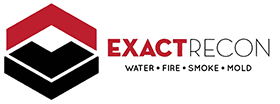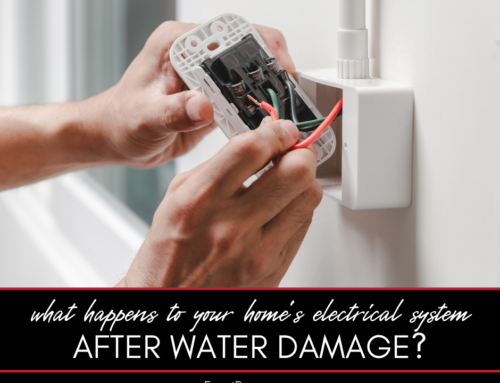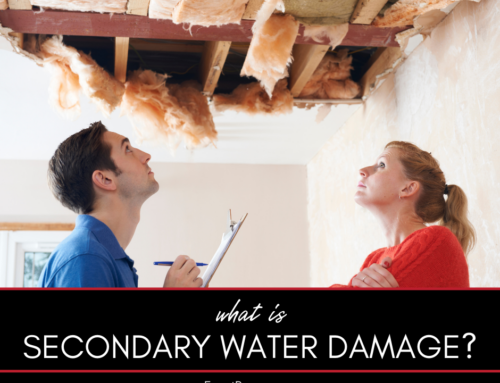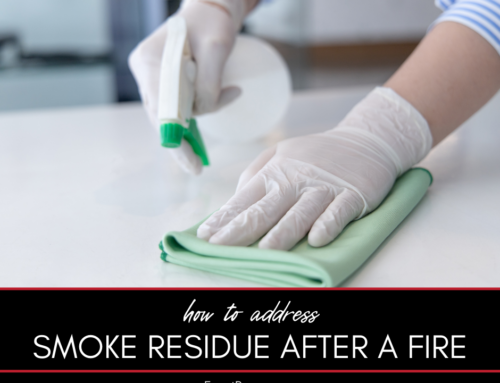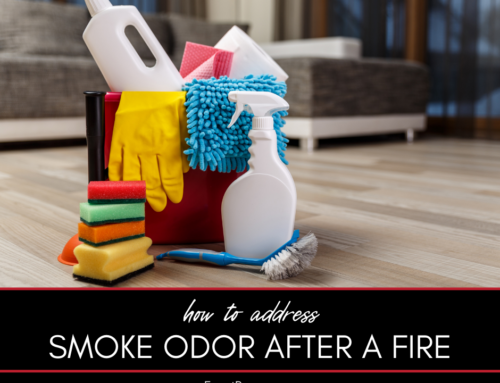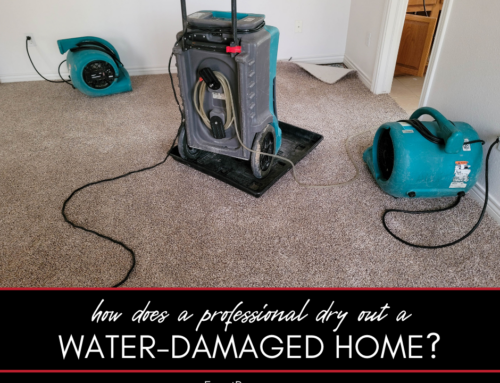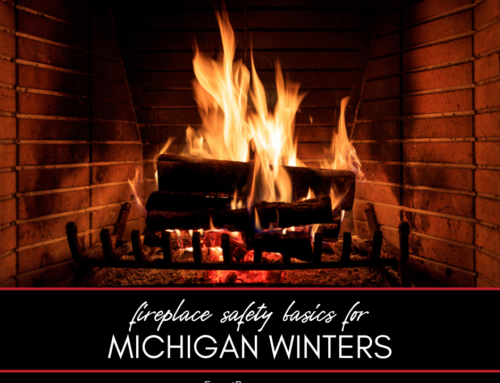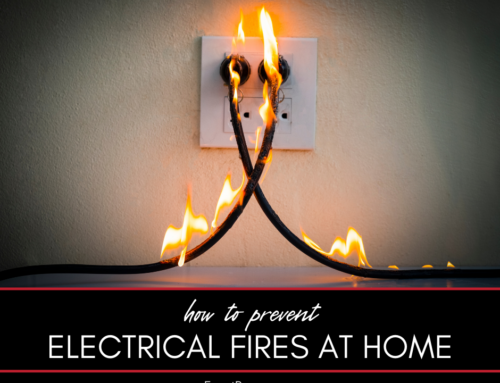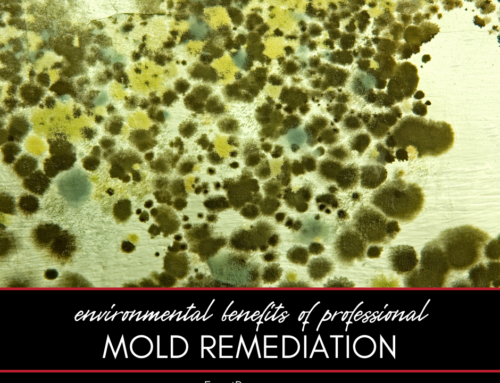When disaster strikes, it’s natural to feel overwhelmed. Your home, your sanctuary, has been damaged, and you’re left wondering how to pick up the pieces. One of the first steps in the recovery process is understanding what your insurance policy will cover. But navigating the fine print of insurance documents can be tricky. That’s where this guide comes in.
How to Figure Out What Your Insurance Policy Will (and Won’t) Cover
You’re about to embark on a journey to demystify the world of home insurance. This guide covers:
- Understanding your policy’s declarations page
- The difference between named perils and open perils
- Common exclusions in home insurance policies
- The importance of riders and endorsements
- How to file a claim and what to expect
Here’s a closer look at each.
Understanding Your Policy’s Declarations Page
Your insurance policy’s declarations page is like a summary of your coverage. It lists the policyholder’s name, the insured property’s address, the policy period, the amount of coverage, and your premiums. Familiarize yourself with this page, as it provides a snapshot of your coverage limits and deductibles.
The Difference Between Named Perils and Open Perils
Insurance policies typically cover damages based on either “named perils” or “open perils.”
- Named Perils: These policies specifically list the events they cover, like fire, theft, or vandalism. If it’s not on the list, it’s not covered.
- Open Perils: These policies cover all events except those specifically excluded. It offers broader coverage but tends to be pricier.
Common Exclusions in Home Insurance Policies
While policies vary, there are some common exclusions in most home insurance policies. These might include damage from:
- Earth movements (like earthquakes or landslides)
- Water damage from flooding or sewer backups
- Neglect or failure to maintain the property
- Intentional damage by the homeowner
- Nuclear hazards or war
The Importance of Riders and Endorsements
If you have valuable items or specific concerns not covered by your standard policy, you might need a rider or endorsement. These are add-ons to your policy that provide additional coverage. For instance, if you have a valuable art collection, you might add a rider to ensure it’s fully covered.
How to File a Claim and What to Expect
After understanding your coverage, if you believe your damage is covered, it’s time to file a claim. Document the damage with photos, gather any relevant receipts, and contact your insurance agent. They’ll guide you through the process, which may involve an adjuster visiting your home. Remember, honesty is crucial. Exaggerating claims can lead to denial or even legal consequences.
FAQ About Home Insurance Coverage
Here are some frequently asked questions about home insurance coverage. If you don’t see the answers you’re looking for here, please call our office. We’re here to help.
Does Home Insurance Cover Mold Damage?
It depends on the cause. If mold results from a covered peril, like a burst pipe, it might be covered. However, if it’s due to neglect or lack of maintenance, it’s likely not covered.
Will My Policy Cover Temporary Living Expenses?
Many policies offer “loss of use” coverage, which can help with hotel bills, meals, and other expenses if your home is uninhabitable after a covered event.
What’s an Insurance Deductible?
It’s the amount you’ll pay out of pocket before your insurance kicks in. If you have a $1,000 deductible and $5,000 in damage, you’ll pay the first $1,000, and your insurance will cover the remaining $4,000.
How Can I Lower My Premiums?
Increasing your deductible, bundling insurance policies, and installing security systems can often lead to discounts. Talk to your agent about potential savings.
What If My Claim Is Denied?
If your claim is denied, review the reason with your agent. You can often file an appeal or provide additional documentation to support your claim.
Your home is more than just a building; it’s where memories are made. While dealing with damage is never easy, understanding your insurance coverage can make the process smoother. Lean on professionals, like those at Exact Recon, to help you navigate the recovery process. And remember, preparation today can make a world of difference tomorrow.
Do You Need a Disaster Remediation Expert in Washtenaw County or Jackson County?
If your home has already been damaged, we can help. Check out our services and call Exact Recon for your free disaster remediation quote today. We offer:
- Water damage restoration
- Mold removal and remediation
- Fire and smoke restoration
- Sewer cleanup and disinfecting
- Reconstruction
- Wind and storm damage repair
